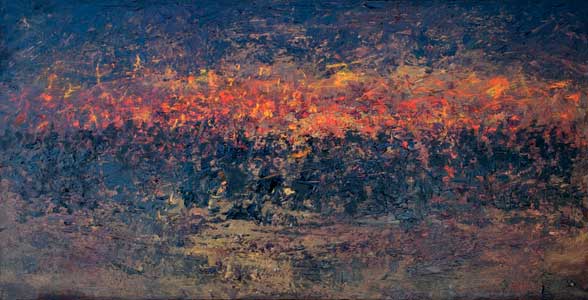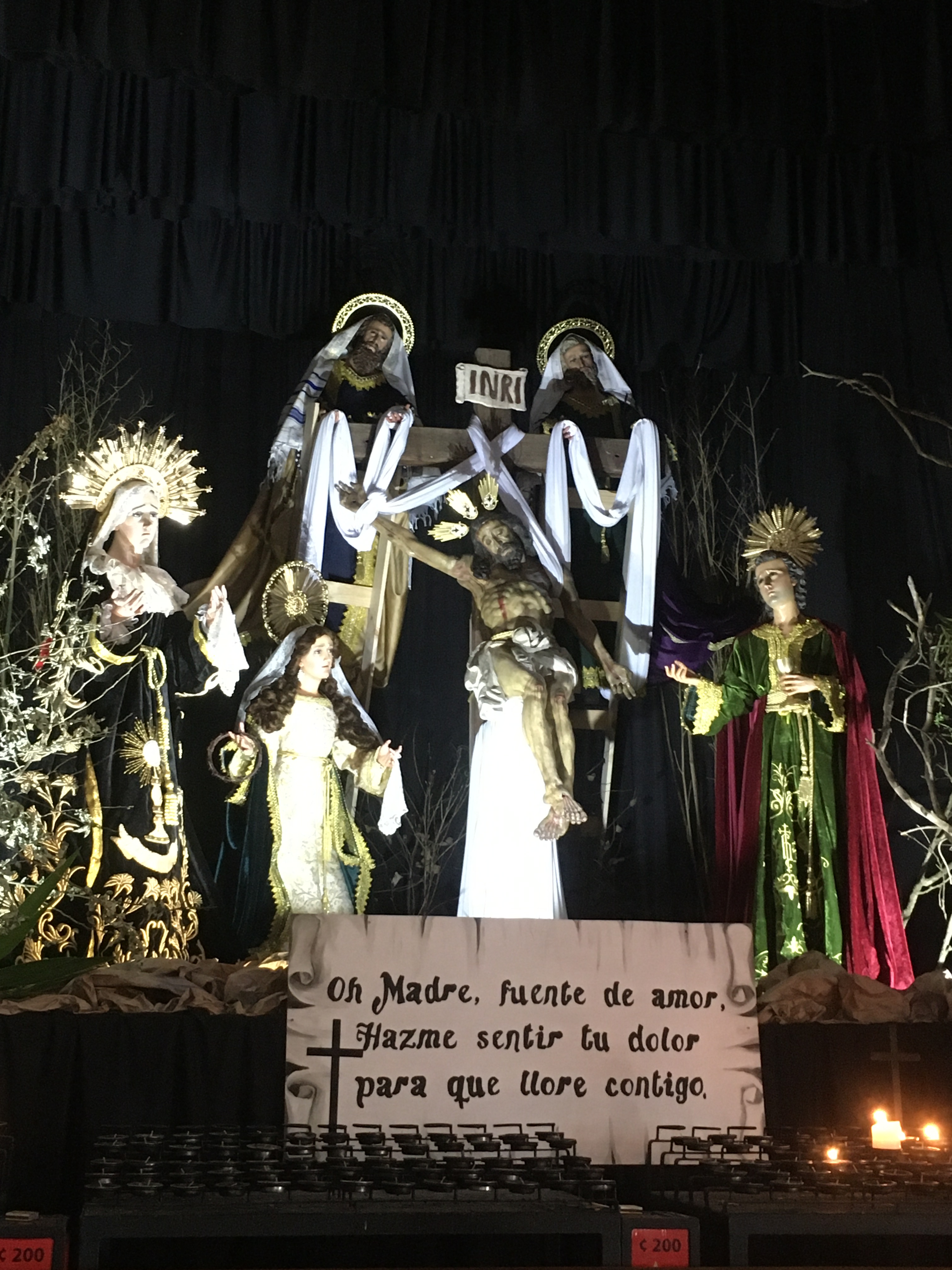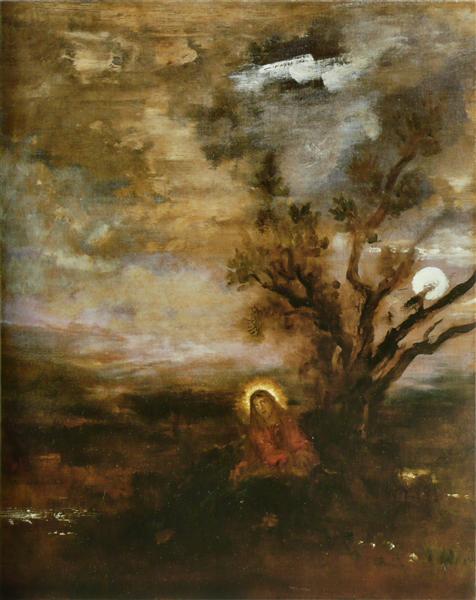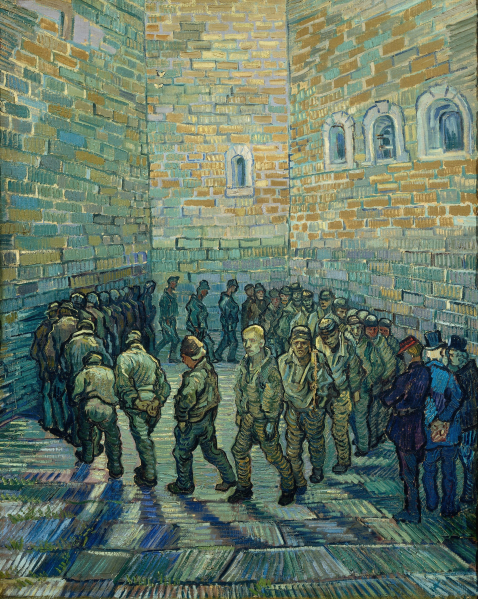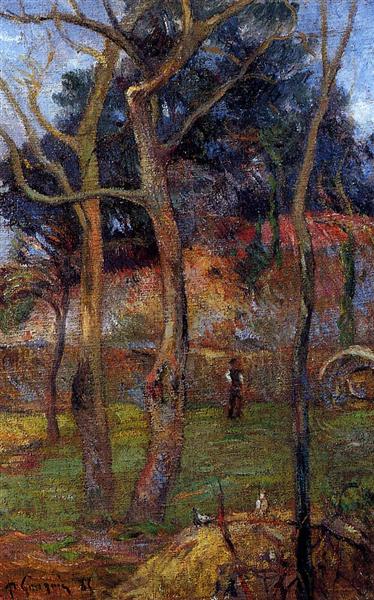
In Hebrews 12 we read, “Therefore, since we are surrounded by so great a cloud of witnesses, let us also lay aside every weight and the sin that clings so closely, and let us run with perseverance the race that is set before us, 2 looking to Jesus the pioneer and perfecter of our faith…
As Christians we lay aside those weights and sins in Confession. Please pray with me.
Lord, these saints who have committed their spirits to you encourage us in our daily attempts to commit our lives to you mind, heart, body, and soul. Not every weight we carry is a sin—our responsibilities and pain can weigh us down as well—but God, there are many weights on our minds, hearts, bodies, and souls that keep us from running the race set before us. Lord, we ask that you would use this time to free us.
The weight on our mind we call worry. We have some very real obstacles and hurtles to deal with, God, but the burden of worrying about them is keeping us from approaching them with the energy we need to surmount them. Lord, you said we could give you our cares because you care for us, so now we place our worries in your hands….
The weight on our heart we call grief. Death tolls weigh on us. We have lost people we love. We have lost all kinds of things, God. We have tried to look at this mangled world with your eyes and it’s painful what we see sometimes. God, we have put our hearts into this race, and we have gotten hurt out there. Lord, we give you our hearts in need of healing. Hold us in our grief so we can be brave enough to keep on loving….
Lord, hear now our silent litany of bodily grievances. Set our breaks so we heal stronger. Give us the rest and resultant strength we need to walk in the steps you’ve prepared for us….
The weight on our soul we call sin. These are the things we have done or left undone that bring worry and grief and harm to others. Ways we have not been patient or kind. Ways we have embraced our assigned roles in the unjust systems of our broken world. God, we place our sins and our souls in your hands, asking you remove the one from the other….
We confess we are not perfect, but we look to Jesus, the pioneer and perfecter of our faith, trusting that when we confess our sins, God is faithful and just to forgive those sins and lead us into righteousness. We can get up and walk, we can get up and run because in the name of Jesus Christ, your sins are forgiven. Amen.

